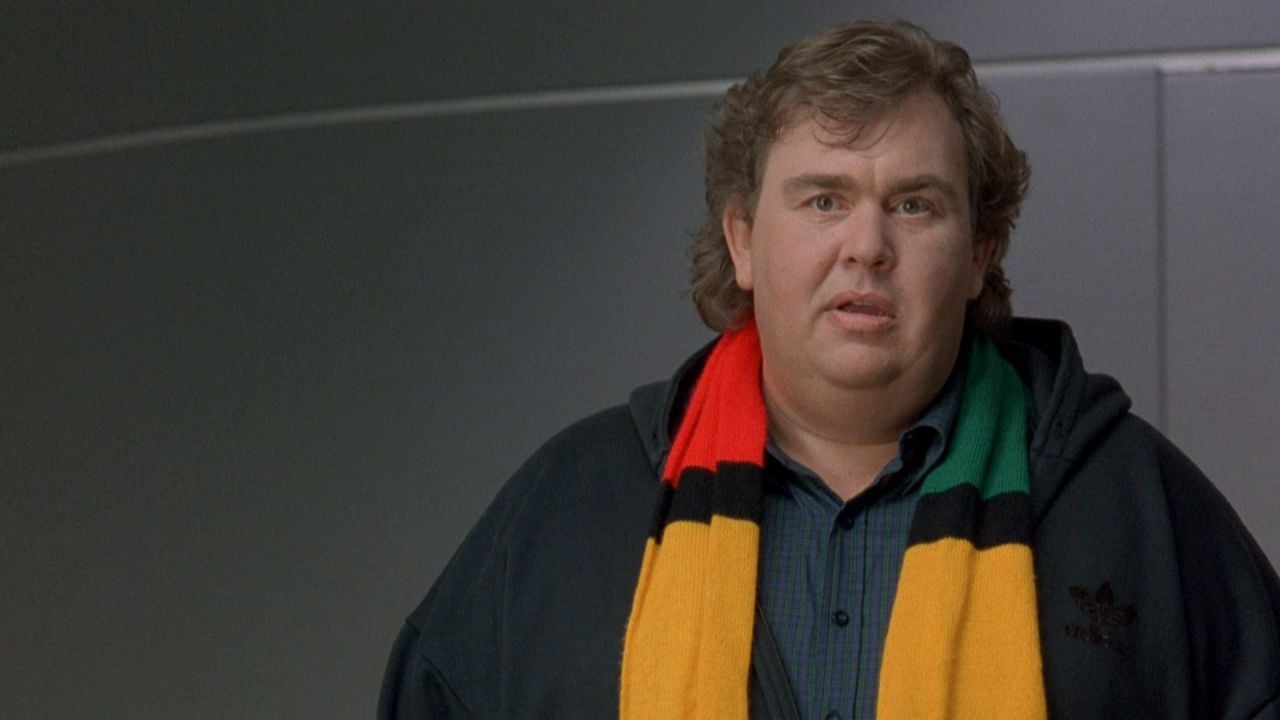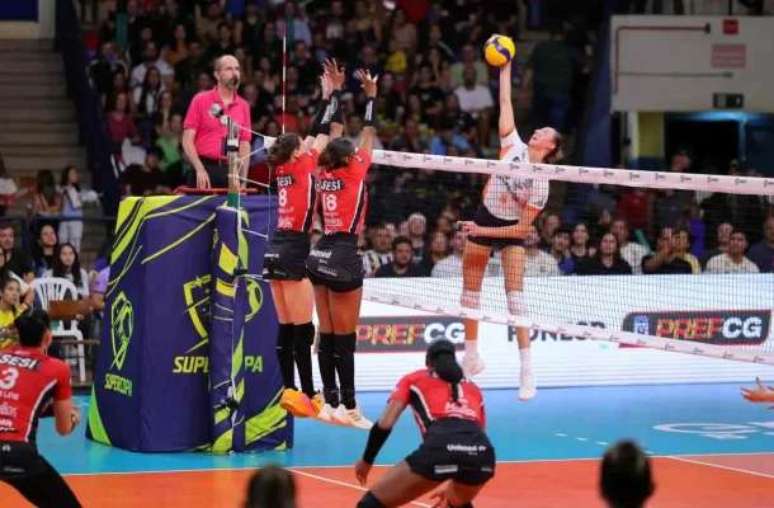The practices are banned in Brazil; The discussion clashes with cultural barriers, experts point out
The poet of Rio Anthony Cicero died this Wednesday, aged 23, in Switzerland, at the age of 79. He opted for suicide assisted suicide, a practice permitted in the European country, and its decision have rekindled the debate on the anticipation of death, which includes both assisted suicide and euthanasia.
Despite being linked to the end of life and often cited as “synonymous”, the two acts are different, as Luciana Dadalto, a lawyer specializing in medical law, explains.
Both assisted suicide and euthanasia are ways to hasten death and shorten suffering, he says, but with different approaches. «In both situations we talk about a manifestation of autonomy, but in the case of euthanasia the doctor injects a lethal substance into the patient’s body, while assisted suicide involves the prescription of a drug self-administered by the patient. words, he himself administers the lethal dose”, he explains.
In addition to Switzerland, assisted suicide is legal in countries such as the Netherlands, Belgium, Luxembourg, Germany, Spain, Canada, Colombia and some US states. The rules differ from place to place, but generally cases must involve terminal or incurable illnesses. “You need a justification and the person must be clear,” underlines Luciana.
This is not the case in Switzerland, which is considered the country with the most permissive rules: with the exception of clarity – so that the person can make the decision without coercion or external pressure – local legislation does not establish age limits or medical conditions. .to carry out assisted suicide. Furthermore, it is one of the few countries where foreigners can undergo the procedure. “Many people go there, in a movement that we can call ‘death tourism'”, comments the expert.
Exercise of dignity: a variable
The relevance of the discussion, according to the expert, occurs from the point of view of individual rights. “Talking about this is important because it involves everyone’s self-determination regarding the limits of their suffering and the possibility of exercising their dignity”, he says. However, he points out, the definition of “dignified death” varies from person to person. “For many this means receiving adequate care while, for others, it means having access to methods to reduce suffering,” he adds.
In Brazil, both euthanasia and assisted suicide are prohibited. The discussion here, according to Luciana, clashes with the cultural and religious barriers that shape the view of death. “Death is a big taboo for us,” he says. “We think that death is the worst thing that can happen to a person. And because we think so, we do everything to prevent it from happening. We have no education about death, the understanding that we are finite beings, that death Mortality is part of our history,” he says.
Diagnosed with Alzheimer’s, a neurodegenerative disease that progressively leads to the loss of memory and important mental functions, Cícero expressed, in a letter addressed to friends, that the decision was based on a personal and clear understanding. “I hope I have lived with dignity and I hope to die with dignity,” he wrote.
Who was Anthony Cicero?
Brother of the singer Marina Lima, Antonio Cicerone’s literary career intersected with the world of music. He wrote lyrics for songs such as Fullgás and Pra Começar in collaboration with his sister and also collaborated with other artists, such as João Bosco, Adriana Calcanhotto and Lulu Santos. With Lulu he co-authored the hit O Último Romântico.
He is the author of numerous publications of poems and reflections on modernity. In 1994, in collaboration with the poet Waly Salomão, he organized the book O Relativisme While Vision of the World (Editora F. Alves), which brought together the conferences held as part of the Banco Nacional de Ideias project, promoted by the two poets with intellectuals of global importance.
Cicerone was elected Immortal in the ABL on August 10, 2017, occupying seat number 27 and succeeding Eduardo Portella. “What is an immortal poem? An immortal poem is a poem whose value does not depend on factors external to it: a poem, therefore, which is valid in itself”, he declared in his inaugural speech.
Source: Terra
Ben Stock is a lifestyle journalist and author at Gossipify. He writes about topics such as health, wellness, travel, food and home decor. He provides practical advice and inspiration to improve well-being, keeps readers up to date with latest lifestyle news and trends, known for his engaging writing style, in-depth analysis and unique perspectives.








